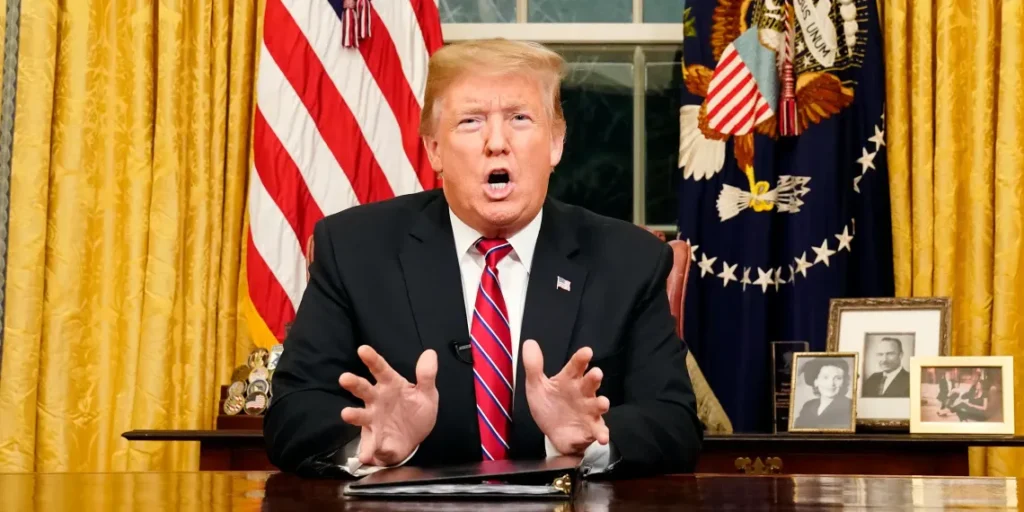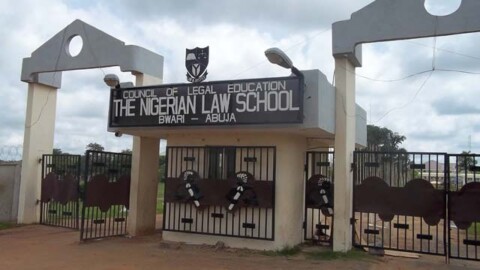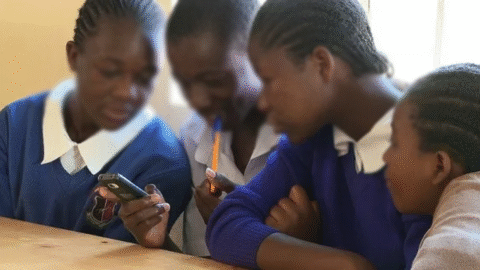The United States government has suspended the scheduling of new student visa interviews globally as it prepares to implement stricter screening procedures, including expanded checks on applicants’ social media activity.
The suspension was confirmed through a diplomatic cable sent by U.S. Secretary of State, Marco Rubio, to embassies and consulates worldwide on Tuesday, according to Politico.
This development affects embassies in Nigeria and other countries, halting new appointments for student visa interviews — including for the F-1 visa — which is essential for international students hoping to study in the U.S. Although existing appointments will proceed as scheduled, no new interview slots will be opened until further notice.
Rubio explained in the directive:
“Effective immediately, in preparation for an expansion of required social media screening and vetting, consular sections should not add any additional student or exchange visitor (F, M, and J) visa appointment capacity until further guidance is issued.”
The U.S. is expected to issue updated instructions on the new vetting policies in the coming days.
This action is part of broader efforts by the U.S. government to tighten student visa regulations, amid rising political pressure linked to claims that international students are contributing to campus unrest, particularly in relation to recent accusations of antisemitism at American universities.
In a related move last week, the U.S. Department of Homeland Security revoked Harvard University’s ability to enrol international students by cancelling its certification under the Student and Exchange Visitor Program (SEVP). The decision followed Harvard’s alleged refusal to provide behavioral records of international students, resulting in the freezing of $2.3 billion in federal funding to the university.
The U.S. government has also revoked the visas of hundreds of foreign students in recent months. According to reports, about 600 international students across more than 90 U.S. institutions have had their visas revoked or their legal status terminated.
Some of those affected, including Cynderila Patrick, a Nigerian graduate of Youngstown State University in Ohio, have filed lawsuits challenging the terminations. A federal judge recently ruled that the U.S. government cannot terminate the legal status of foreign students while such legal challenges are ongoing.
Speaking to Congress, Rubio defended the visa restrictions, stating:
“We’re going to continue to revoke the visas of people who are here as guests and are disrupting our higher education facilities. A visa is a privilege, not a right.”
Nigerian students represent a significant portion of the international student population in the U.S., with many pursuing undergraduate and postgraduate degrees. The suspension raises uncertainty for new applicants planning to begin studies in upcoming academic sessions.





